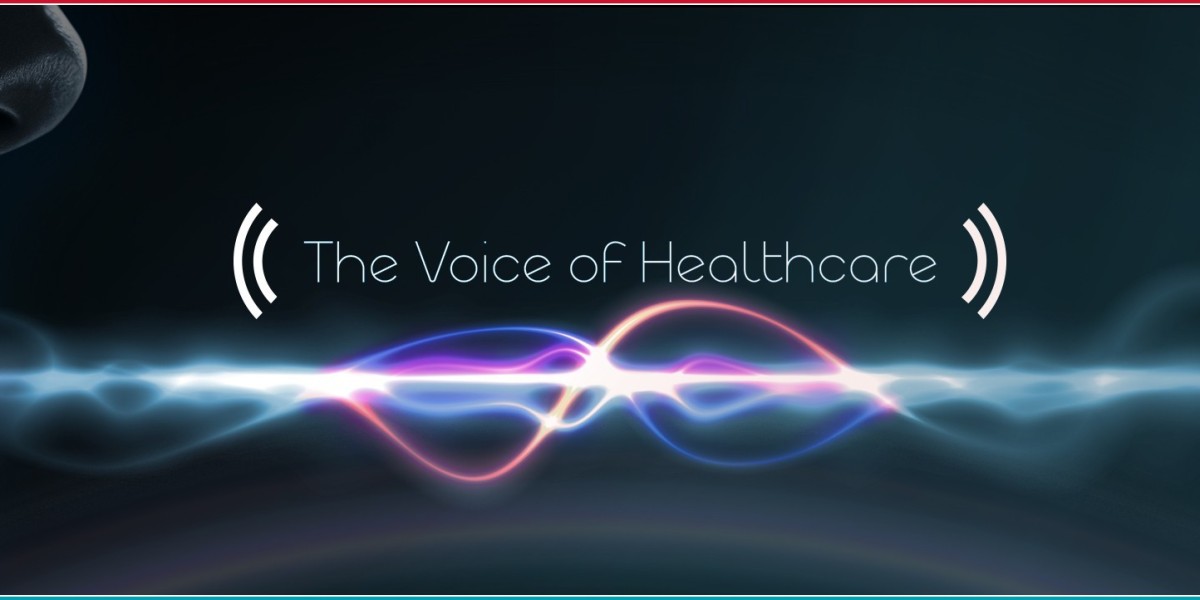The vocal biomarker market is experiencing rapid growth, driven by technological advancements in artificial intelligence (AI), machine learning, and voice recognition technologies. Vocal biomarkers refer to unique features in a person's voice that can be used to assess physical and mental health conditions, making it an innovative approach in medical diagnostics and healthcare. These biomarkers have vast applications in areas such as early detection of diseases like Parkinson's, Alzheimer's, and even mental health disorders such as depression and anxiety.
Market Drivers
Several factors are propelling the growth of the vocal biomarker market. One of the most significant drivers is the increasing demand for non-invasive diagnostic methods. Traditional diagnostic methods often require expensive tests and extensive procedures. In contrast, vocal biomarkers offer a simple and cost-effective alternative, which appeals to both patients and healthcare providers.
Another key factor contributing to the market's expansion is the growing integration of artificial intelligence and machine learning technologies in healthcare. AI algorithms are capable of analyzing voice patterns with high precision, enabling early detection of abnormalities that may signal the onset of certain diseases. For example, researchers have developed AI-driven systems capable of detecting the early signs of Parkinson's disease by analyzing speech patterns. These innovations are not only enhancing diagnostic accuracy but also improving treatment outcomes by enabling timely interventions.
The increasing awareness of mental health conditions also plays a crucial role in the market’s growth. Vocal biomarkers can help in the early identification of mood disorders, anxiety, and depression. With rising concerns about mental health globally, healthcare systems are looking for innovative ways to diagnose and monitor these conditions, creating a lucrative opportunity for vocal biomarker solutions.
Moreover, as telemedicine and remote patient monitoring continue to gain popularity, vocal biomarkers offer a promising solution for healthcare providers to monitor patients from a distance. The ability to assess a patient's voice remotely, without the need for in-person visits, makes this technology highly beneficial, especially in the current post-pandemic era.
Market Challenges
Despite the significant opportunities in the vocal biomarker market, several challenges could hinder its growth. One of the most prominent challenges is the accuracy and reliability of the technology. While AI and machine learning are rapidly advancing, there are still concerns regarding the consistency of vocal biomarker analysis, especially when dealing with diverse populations and various environmental conditions. Factors such as age, gender, and emotional state can affect the voice, making it difficult to create universal diagnostic models.
Data privacy and security also remain critical concerns for the vocal biomarker market. As these technologies rely on analyzing personal data, ensuring the confidentiality of patient information is paramount. Any breaches in data security can undermine consumer trust, making it crucial for companies in the vocal biomarker market to implement robust data protection measures.
Regulatory hurdles are another significant challenge. The approval process for medical devices and diagnostic tools can be lengthy and complex. Vocal biomarker technologies, being relatively new, may face regulatory scrutiny, which could delay their widespread adoption. Companies must navigate the regulatory landscape carefully to ensure compliance with medical device standards and avoid potential setbacks.
Growth Trends and Opportunities
Looking ahead, the vocal biomarker market shows significant potential for growth. The increasing adoption of AI in healthcare and the expansion of telemedicine are expected to drive demand for vocal biomarker solutions. Additionally, the rise in personalized healthcare is expected to foster the development of tailored vocal biomarker tools that can cater to the specific needs of individual patients.
Collaboration between technology companies and healthcare providers will also open new avenues for growth. As medical professionals become more aware of the potential of vocal biomarkers, partnerships between tech companies and healthcare institutions will lead to the creation of new diagnostic solutions and applications.
Furthermore, the ability to detect multiple conditions using a single vocal biomarker system is another opportunity for market expansion. For instance, researchers are working on systems capable of identifying early signs of both mental and physical health disorders from a single voice sample. This would enhance the versatility of vocal biomarkers, making them useful in a variety of medical contexts.
With continuous advancements in AI and machine learning, the ability to develop more accurate, scalable, and reliable systems is expected to improve, further boosting the adoption of vocal biomarker technologies.
Conclusion
The vocal biomarker market is positioned for substantial growth, driven by technological innovations, an increasing focus on non-invasive diagnostics, and the rise of telemedicine. However, challenges related to accuracy, data security, and regulatory approval need to be addressed for the market to reach its full potential. As the healthcare sector continues to embrace digital transformation, vocal biomarkers will play an increasingly important role in improving patient outcomes and driving the future of personalized healthcare.



